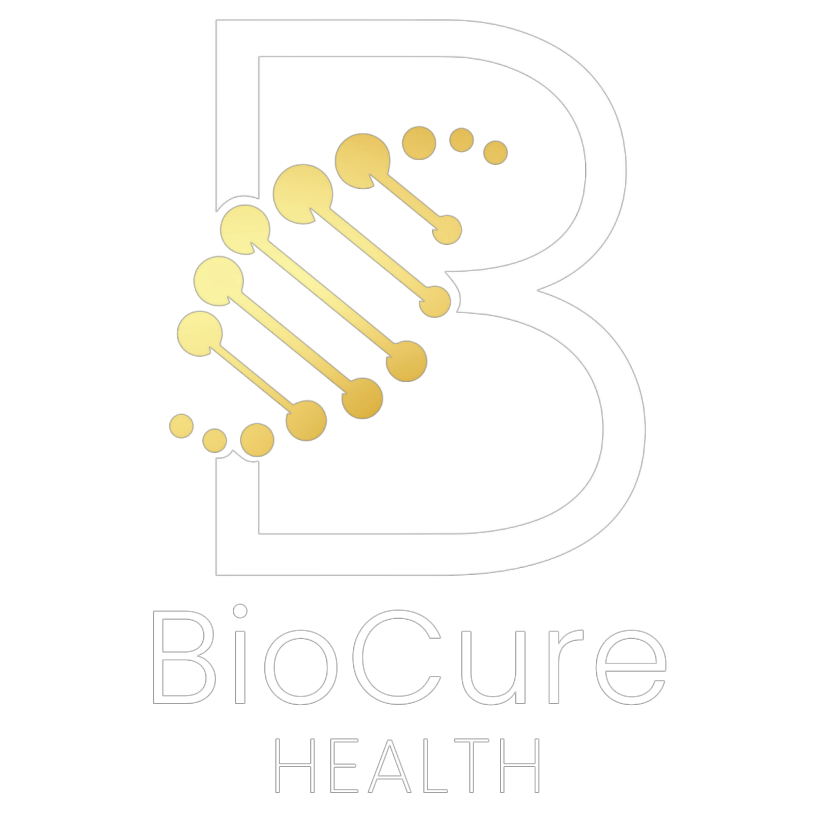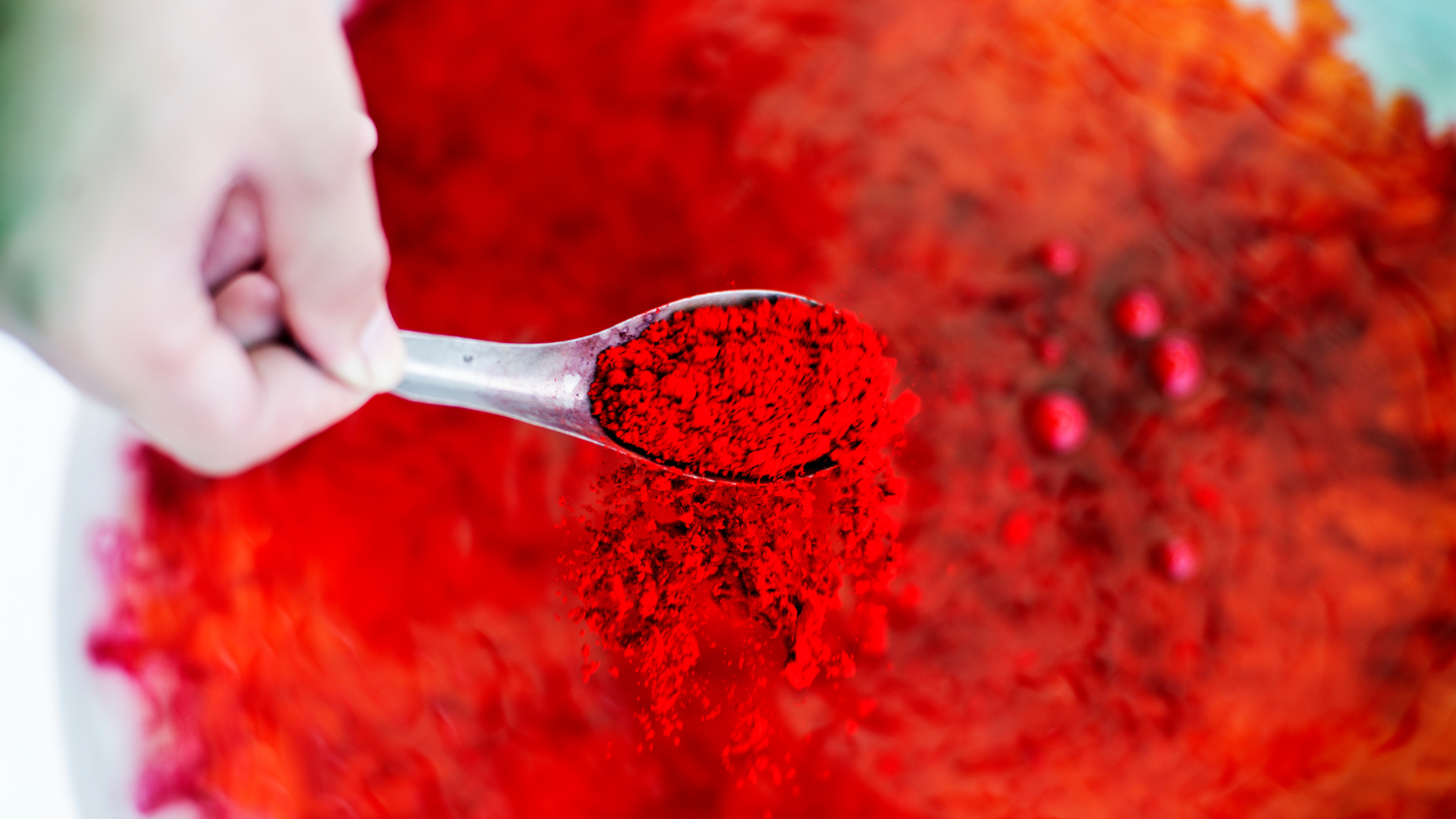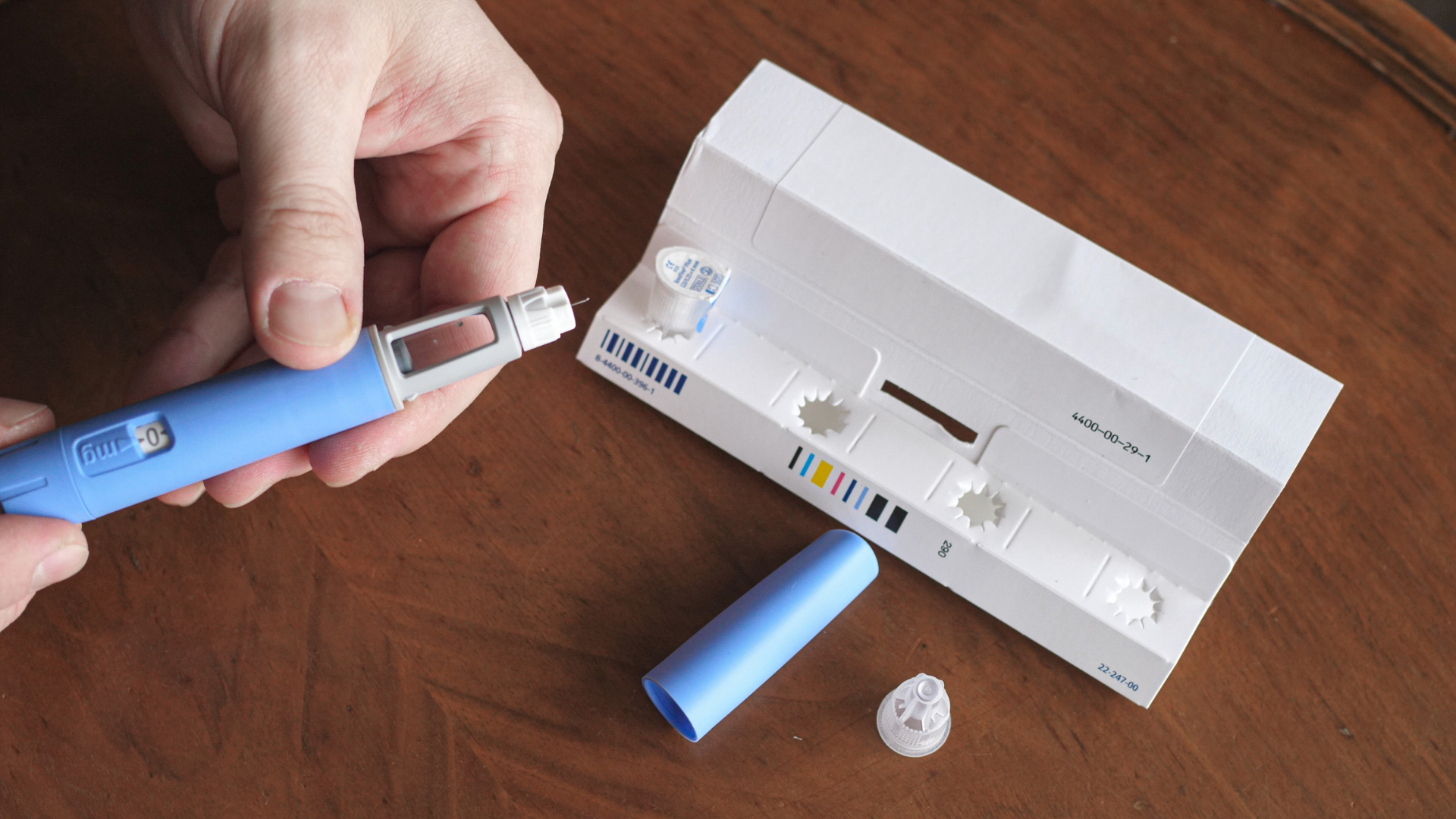Methylene blue, also known as methylthioninium chloride, is a bioactive substance and blue dye that was first developed to stain and inactivate certain microbes. Going all the way back to 1891, it was also one of the first chemotherapeutic medications tested in humans, where it was used to treat cases of malaria. However, researchers believe that it has several other benefits like the ability to directly improve cellular and mitochondrial function. This article will discuss the potential health benefits methylene blue can bring to your life.
Familiarizing The Public With Methylene Blue
Cellular Mechanisms
Methylene blue (MB) is an electron cycler, meaning that at low doses (0.5 to 4mg/kg), MB accepts electrons. After oral ingestion or IV administration, MB will concentrate in tissues with the highest levels of mitochondria (e.g. the brain where it crosses the blood-brain barrier, the heart, and the liver).
Research And Potential Indications
Currently, the only FDA approved treatment of MB is for the condition methemoglobinemia where MB helps oxygen bind to hemoglobin. However, outside of the FDA, MB has been found in several non-human studies to be neuroprotective and improve many aspects of memory/learning. An array of animal research has shown us the potentially impressive learning upgrades that MB can provide.
In a recent human study, a single low dose of oral MB was shown to increase functional Magnetic Resonance imaging activity during short-term memory tasks. Also, studies have shown that MB can aid in memory retrieval. More human trials are underway, but research is promising. This is especially exciting since memory/cognitive diseases have such little treatment at the moment.
Other uses of MB continue to be researched. Some experiments in mice show impressive results even destroying isolated cancer cells that were placed under the skin of mice. Although this doesn’t mean it will have the same effects in humans, these findings are intriguing and should be further explored in the future.
Safety
With the name methylene blue, we can understand why some people are quick to dismiss it. When tested for purity and administered in small doses, MB is an extremely safe drug. The most common (and harmless) side effect is blue urine! There are some serious details to take note of however. Because of the risk of serotonin syndrome, MB should NOT be combined with SSRIs, SNRIs, or drugs that increase serotonin levels in the body. Make sure to discuss with your doctor before taking any new form of medication.
Achieve Limitless With BioCure
At BioCure, we’re all about improving your well-being and quality of life. With the potential memory and cognitive enhancements methylene blue can offer, we want to spread those benefits to everyone in the South Florida area. Contact us today to learn more about methylene blue and how we can help you achieve limitless.
